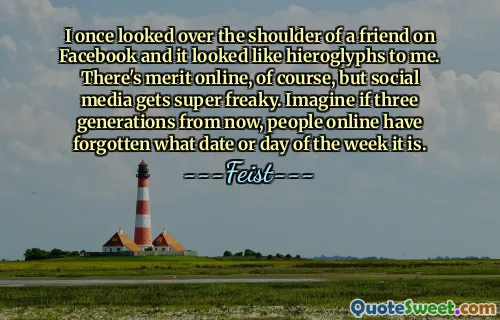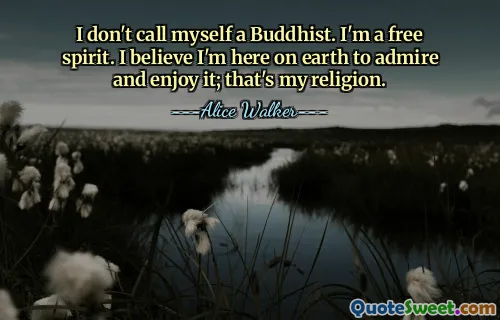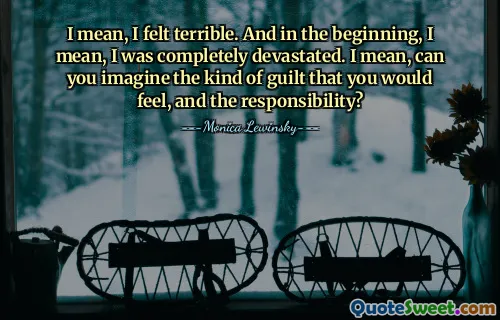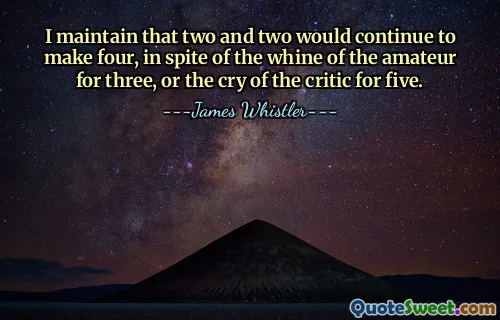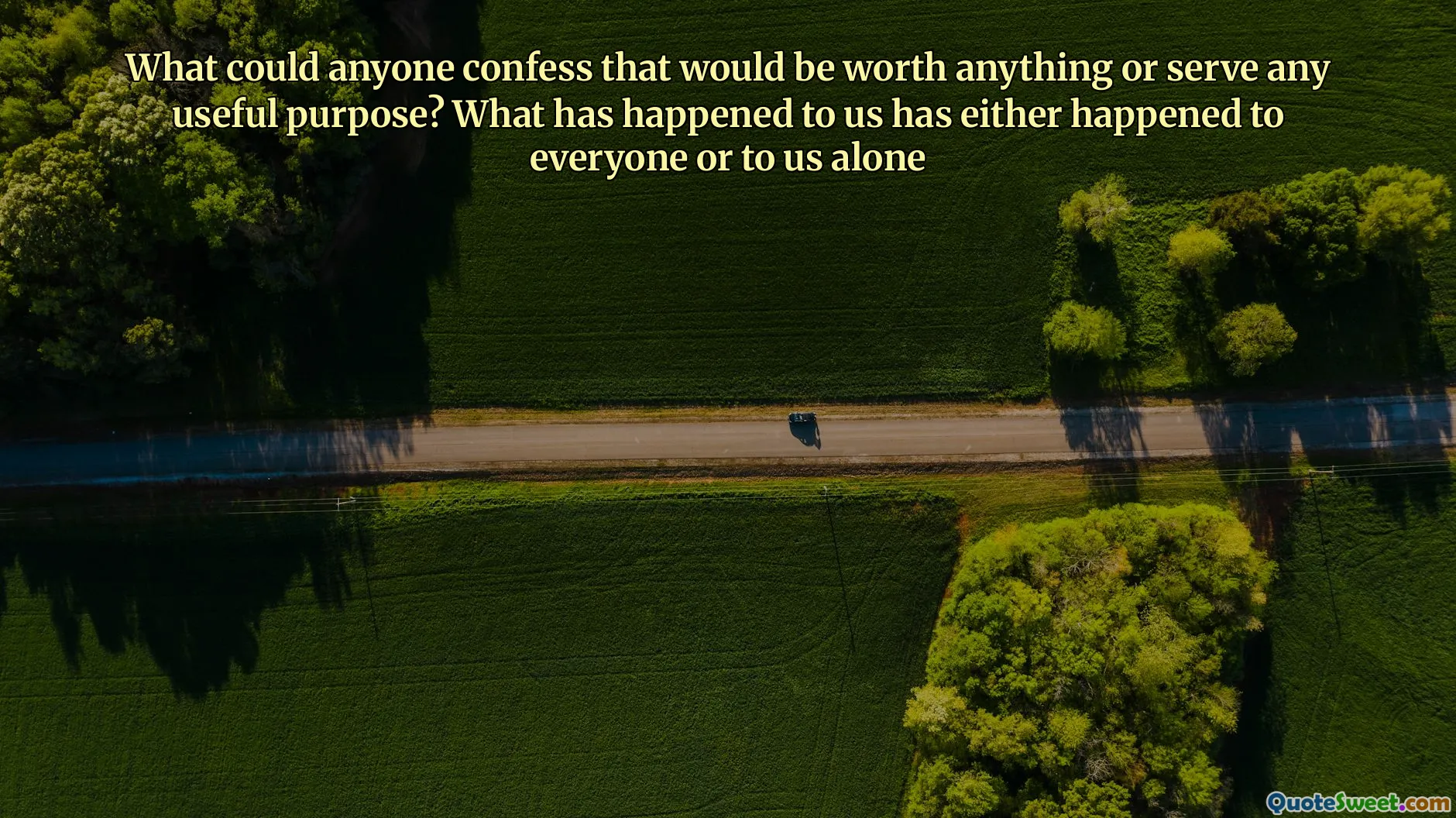
What could anyone confess that would be worth anything or serve any useful purpose? What has happened to us has either happened to everyone or to us alone
This quote delves into the nature of confession and the human condition. It raises a thought-provoking question about the value and purpose of personal disclosures—do confessions truly serve to help, heal, or bring understanding? The speaker questions whether revealing secrets or admitting faults holds any meaningful significance, especially when considering the universality of human experiences. The latter part of the quote touches upon existential themes: the idea that certain events or struggles either connect us all or isolate us individually. When something happens to everyone, it may forge collective empathy or shared understanding, yet it can also lead to feelings of conformity, loss of uniqueness, or disconnection. Conversely, if an experience is isolated, it can evoke feelings of loneliness or exceptionalism, making us wonder whether sharing would be beneficial or even relevant. It invites reflection on the nature of suffering, secrets, and authenticity—whether revealing personal truths offers genuine insight or simply exposes vulnerabilities that may not serve any purpose. The tone suggests skepticism about the value of confessions, possibly hinting that much of what is shared is either insignificant or that human beings often carry burdens in silence. Ultimately, the quote encourages a contemplative look at what we choose to reveal, and whether such revelations shape our understanding of ourselves and others in meaningful ways. It resonates with themes of solitude, shared humanity, and the often complex psychology behind the act of confession.




